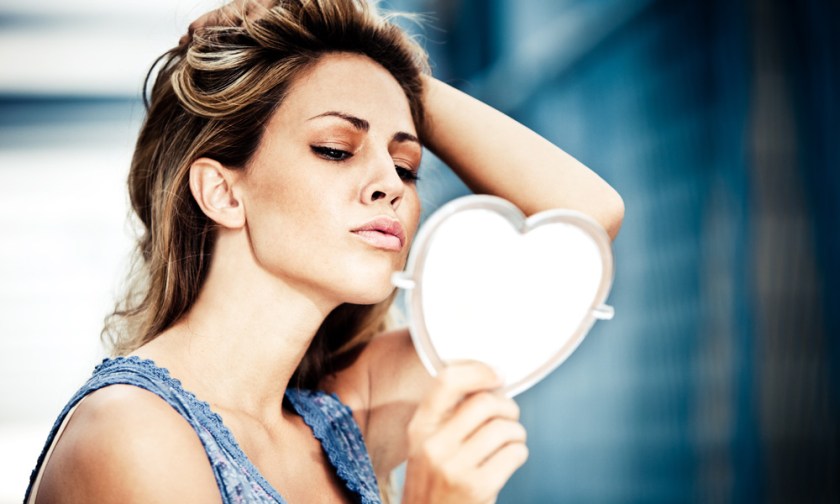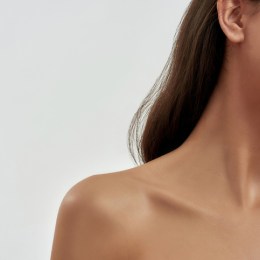The pursuit of beauty and youthfulness has been a quest through the ages but, even today, as the global aesthetics industry booms to the tune of billions of dollars annually, there is still widespread perception that it is a trivial, superficial or downright vain preoccupation.
People who subscribe to the view “looks don’t matter, especially with all the problems in the world” have every right to their belief, just as those who seek enhancements have every right to their view. The ideal view would be that both parties respect, if not agree, with each others’ choices.
Yet I never ceased to be amazed by the number of folk I come across who are publicly dismissive of “beauty treatments” or of putting concerted effort into their appearance (eg. with a regular skincare routine), yet apparently see no conflict in asking me “on the quiet” for advice re “who to go to”.
I’ve lost count of these covert conversations over the years, or the number of times being asked for my advice on behalf of a “friend”, as if we’re discussing a dirty secret. (It also puzzles me that these people think, when they suddenly turn up for work or to a social event suddenly looking fresher and younger than they did a few days ago, that it won’t be noticed …)
If looks “don’t matter”, then it begs the question why are they bothering with them, and spending not-insignificant money in the process.
Whether we like it or not, appearances (as opposed to how “beautiful” someone is) do matter. We are hard-wired on a primal level to subliminally judge other people – as we do them – in a matter of nanoseconds.
In the blink of an eye we will have created our perception of, eg, another’s age, attractiveness, health, social status, affluence or sexual desirability (in really primal terms, the latter is how we judge whether a potential mate has the makings of producing viable offspring).
Of course what has given the pursuit of beauty and anti-ageing a really bad name, and can justifiably be regarded as vain and superficial, is when a person or group at large attributes inflated, perhaps obsessive, significance to their perception of what is “beautiful”, to a degree that can have debilitating consequences.
This might be in the form of degrees of self-loathing (even the psychiatric condition Body Dysmporhic Disorder) or dismissing as unworthy of notice, or actively isolating or bullying another person because they don’t fit the preconceived acceptance of “beauty”.
This subject is a key theme to be explored at this year’s Global Wellness Summit, being held October 9-11 at The Breakers in Palm Beach, Florida, that brings together leaders and visionaries to positively impact and shape the future of the $3.72 billion (and counting) global wellness industry.
“Given the massive size of the beauty market and the fact that studies show that people respond automatically at a deep neural level to beauty, it’s time to pay attention to the emerging scientific research on why we pursue beauty so fervently, rather than to continue to dismiss it as a somehow misguided or superficial quest,” says Susie Ellis, GWS chair and CEO.
“The insights of our esteemed presenters on the subject, three experts on the neuroscience of beauty, will help us forge disruptive and evidence-based connections between beauty and human wellness for the very first time. It will be groundbreaking.”
The GWS is an invitation-only international gathering that attracts leaders from every sector of the wellness industry: spa, education, tourism, beauty, fitness, nutrition, finance, environment, medicine, architecture, workplace wellness, wellness communities and technology.
It is held in a different location each year. Summits have taken place in the US (the first was at New York’s famed Waldorf Astoria Hotel), Switzerland, Turkey, Bali, India, Morocco, Mexico City and, last year’s 10th anniversary event in Kitzbuhel, Austria, and now in Florida.
The three experts presenting this year on the neuroscience of beauty are:
Dr Anjan Chatterjee, the Elliott professor of neurology at the University of Pennsylvania and the author of The Aesthetic Brain: How we Evolved to Desire Beauty and Enjoy Art, in which he explores the reasons why we find people, places and even numbers beautiful. Dr Chatterjee will present findings from a new two-part research project entitled ‘Beauty2Wellness,’ undertaken in conjunction with the Global Wellness Institute. One focus of the study uses natural language processing and cognitive science experiments.
Nancy Etcoff, assistant clinical professor at Harvard Medical School and author of the book Survival of the Prettiest: The Science of Beauty, which is the subject of a Discovery Channel documentary. Her work on beauty and the brain has been wide-ranging, including being involved in Dove’s groundbreaking Real Beauty campaign.
Dr Lisa Ishii, the chief quality officer for clinical best practices for the Johns Hopkins Health System, and the senior medical director for clinical integration in the Office of Johns Hopkins Physicians. A practising plastic surgeon, her research interests focus on the science of how people perceive beauty, and specifically, on how faces serve as the portal for how we communicate with the world – and how the world identifies us.




